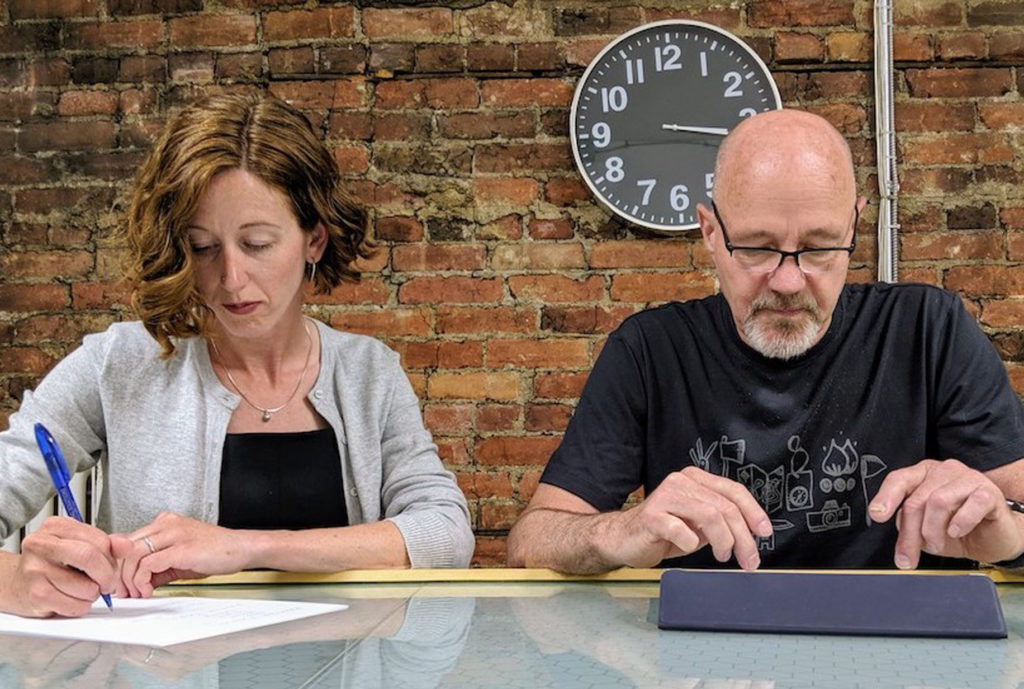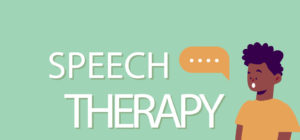But do you or a loved one find yourself going home from the speech therapist’s office with the best of intentions only to lose enthusiasm after a day or two? Don’t get discouraged! This may be the first time you’ve had to do “homework” in years and you may need to (re)establish good homework habits to set yourself up for success. Here are some tips to help you get started:
Schedule a Time
Put homework on the calendar like any other important appointment. Pick a time of day when you have energy and can focus. Schedule your speech therapy exercises for that time every day to establish a habit. If your goal is an hour of practice every day, don’t feel that you have to do it all at once. You can break up homework into 20- or 30-minute chunks to help prevent mental fatigue and boredom. Remember: consistency is what matters.
Make a Plan
If your speech-language pathologist (SLP) doesn’t give you a specific set of exercises, it may be up to you to decide what you’re going to do each day and when. It’s a good idea to make a “sandwich” of difficulty. That is, start with something that’s not too challenging to warm up the brain, then move to the harder tasks, then finish up with something a bit easier to leave yourself feeling confident.
Pick a Good Spot
Find a place in your home that’s comfortable, but not too comfortable to do your work. If the couch or a recliner leaves you too relaxed, your focus may relax too. Sitting at the kitchen table or at a desk is a good idea, as it can put you into a work mindset. Of course, if sitting upright in a chair is physically uncomfortable, you won’t be able to focus on your work either.
Minimize Distractions
Background noise makes it difficult to focus, so turn off the TV or radio when you do your homework. Silence the alerts on your phone and computer. Pick a time when family members aren’t all in the same room. Sometimes a peaceful background of music can help you focus, so experiment with what works for you.
Have a Helper on Hand
A communication partner can be a big help with speech therapy exercises. A helper can let you know whether an answer is correct or clear, provide cues when you’re stuck, or engage in conversation to help you practice a strategy. They may be able to offer technical help, should you need it, if you’re practicing with a computer or tablet.
Watch Out for Frustration
If you find yourself getting angry or frustrated while you’re practicing, stop. Take a break. Breathe deeply and calm down. Practice is supposed to help you get better. If the speech therapy exercises leave you feeling frustrated, they’re probably too hard or you’re too tired. Ask for help. Or pick an easier activity or setting. If you start to associate homework with negative emotions, you probably won’t stick to your schedule. You need to watch out for negative feelings, and change what you’re doing the instant you feel them.
Reward your Effort
It’s important to set goals for yourself, and just as important to reward yourself when you reach them. Simply sticking to your practice schedule is a huge achievement, so give yourself credit for that. The number of items you get correct doesn’t matter as much as the fact that you’re trying. Your efforts will pay off over time, and that can be its own reward.
Use your Skills Outside Homework Time
Younger brains tend to change faster than older brains, but improvement is possible at any age.
The point of home speech therapy exercises isn’t to get good at home exercises—it’s to improve your thinking and communication skills while you’re engaged in activities that matter to you. This is what SLPs call “carryover.” It isn’t always easy, but carryover is the goal of any exercise.
Practice your homework strategies throughout the day. If you’ve been working on describing words, for example, try to describe the words you can’t think of during dinner conversation. Ask family and friends to encourage you to use your strategies as you go about your day. Nobody likes being corrected all the time, though, so it’s okay to set times when you want reminders and times when you just want to be left to speak as you please. Make sure you’re clear with friends and families about which times are which.
Use Good Tools
Practicing one skill can result in improvement of a related skill.
Try combining these tips with an app that’s specifically designed to help adults recover their language skills after a stroke or some other type of acquired brain injury. Tactus Therapy apps are designed by a Speech-Language Pathologist to allow you to practice the same skills you work on in therapy, at home. You can trust that the speech therapy exercises are based on techniques known to help adults with acquired communication disorders. We want you to succeed!




